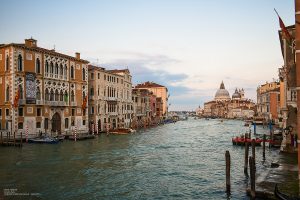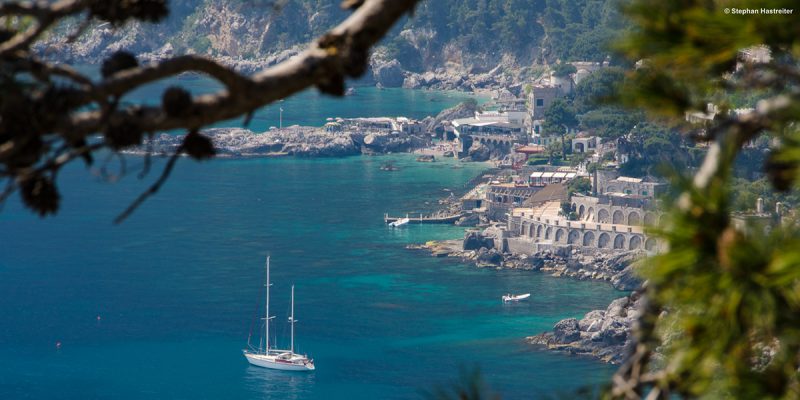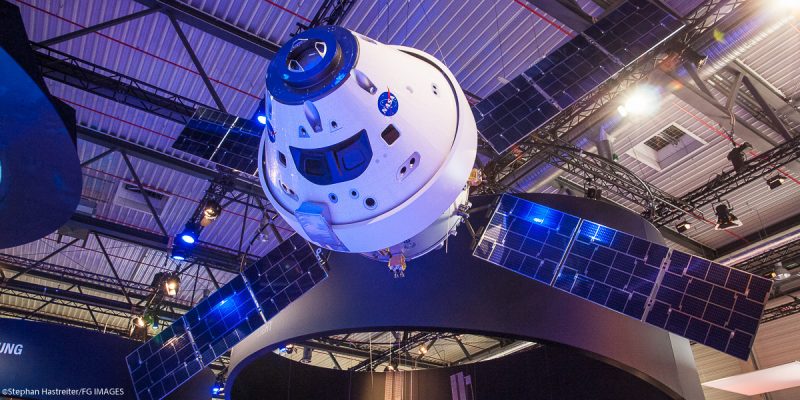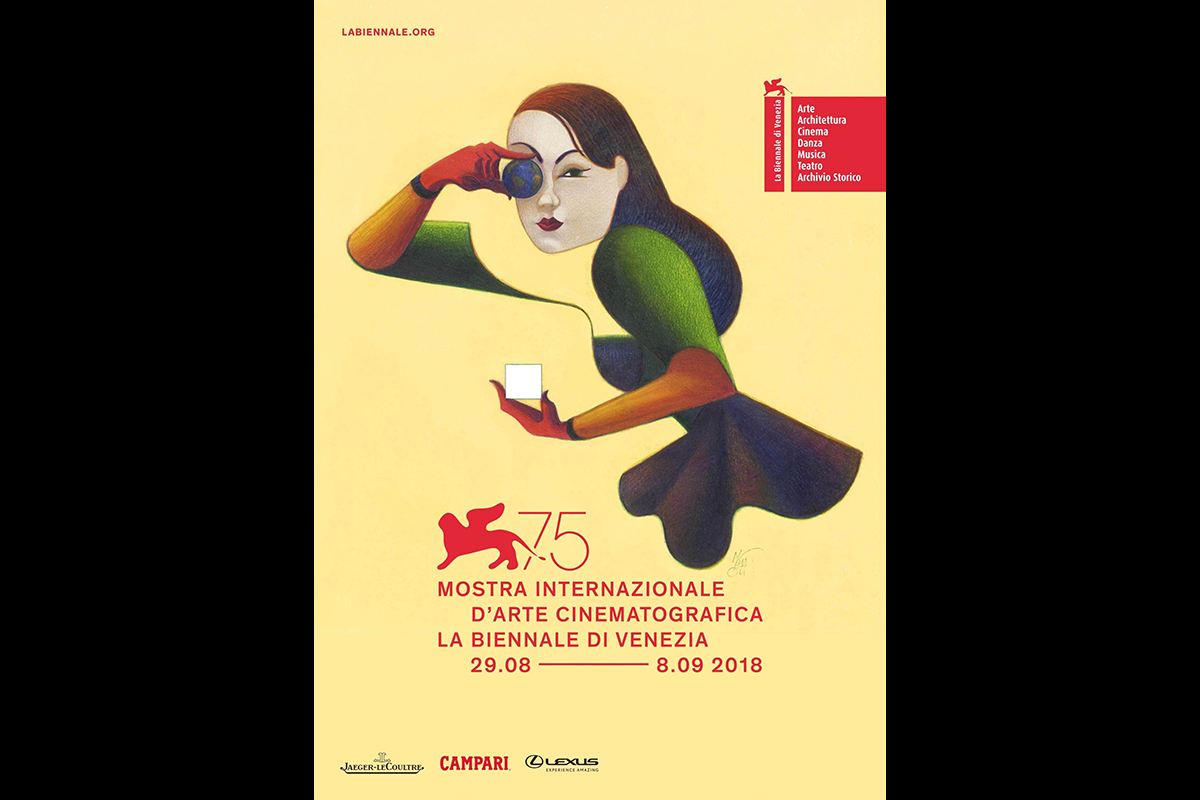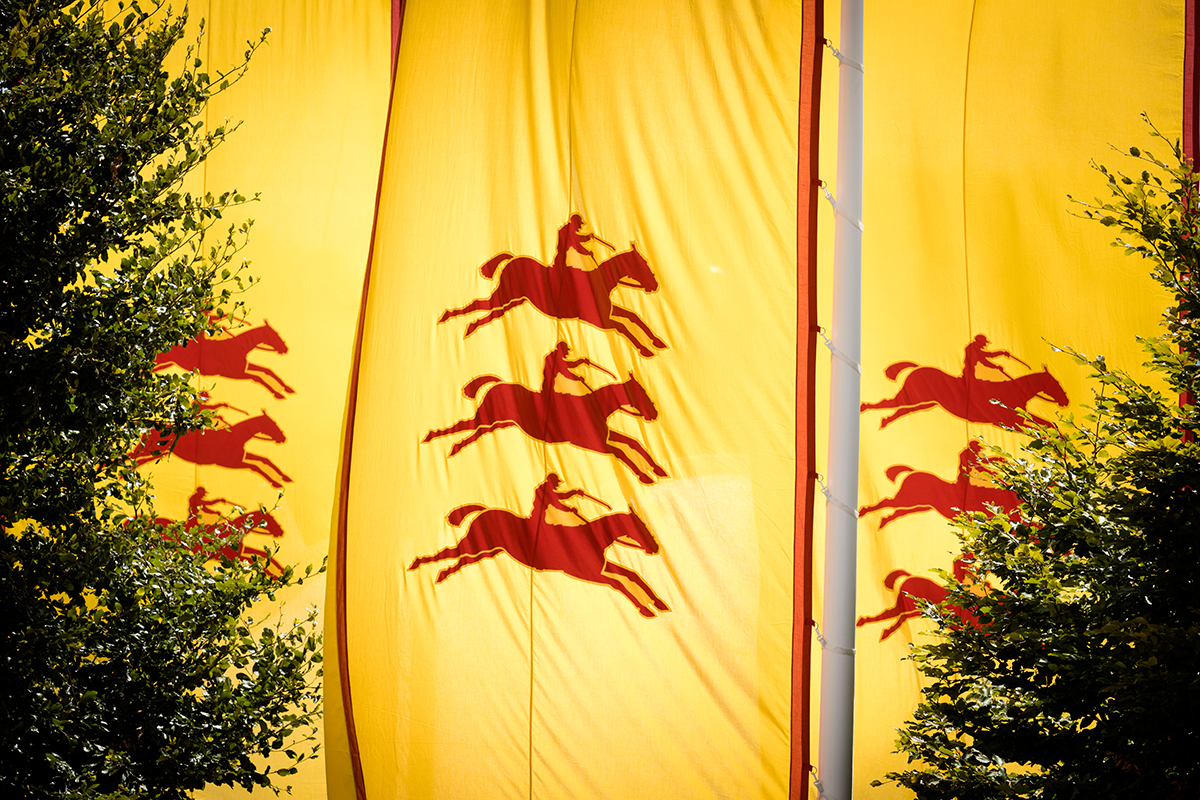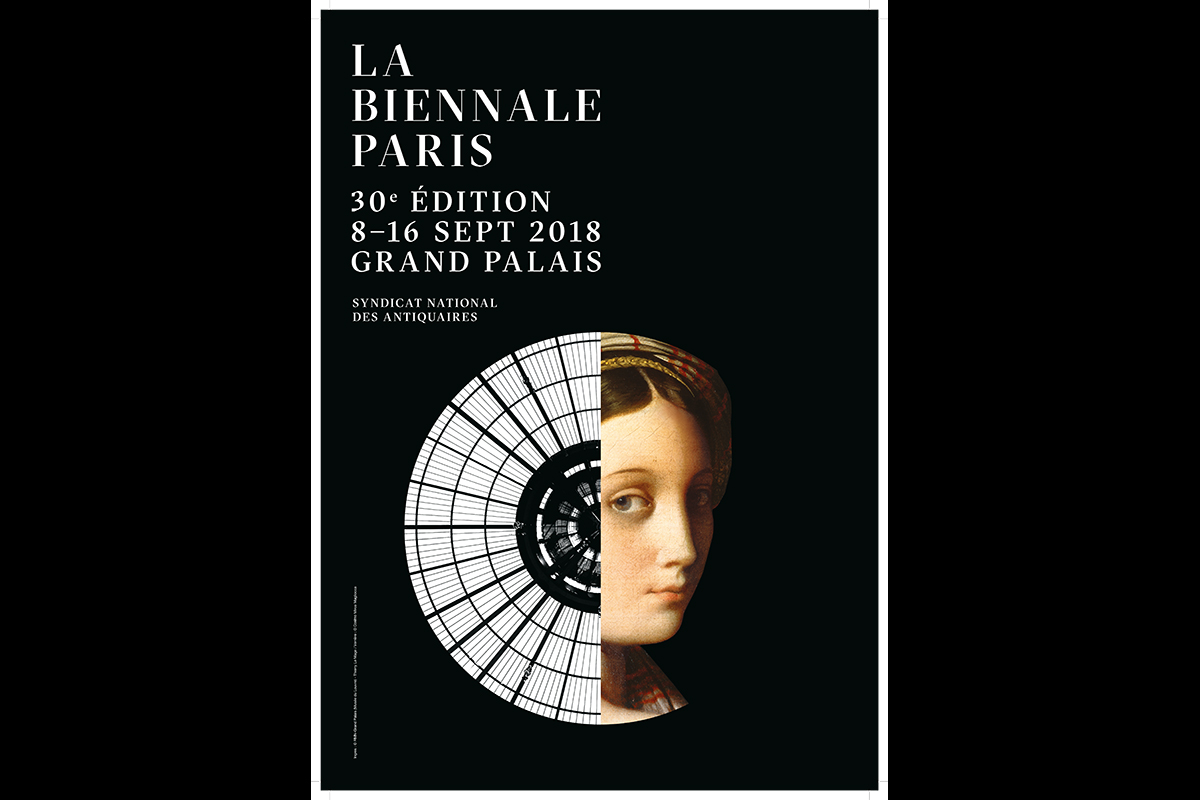
72 new feature films in the Official Selection
- 21 in Venezia 75 (Competition)
- 22 in Out of Competition (12 of which are non-fiction films)
- 19 in Orizzonti
- 7 in Sconfini (2 of which are non-fiction films)
- 3 in Biennale College – Cinema
15 new short films
- 13 inOrizzonti(1 of which is in Orizzonti – Out of Competition)
- 1 in Out of Competition
- 1 in Sconfini
1 new TV series
- 1 in Out of Competition
Venezia Classici18 restored feature films7 documentaries about cinema
Virtual Reality40 projects selected, 30 of which are in Competition
Maestri and debutants
Are attending the Official Selection:
- 3 Golden Lion-winning directors: Zhang Yimou for Qiu Ju da guan si (The story of Qiu Ju, 1992) and for Yi ge dou bu neng shao (Not One Less, 1999); Tsai Ming Liang for Ai qing wan sui (Vive l’amour, 1994); Mike Leigh for Vera Drake (2004);
- 1 Golden Lion for Lifetime Achievement-winning director: Frederick Wiseman
- 6 Academy Award-winning directors: Damien Chazelle, Alfonso Cuarón, Ethan Coen and Joel Coen, Errol Morris, Frederick Wiseman
- 3 Silver Lion – Grand Jury Prize-winning directors: Mario Martone for Morte di un matematico napoletano (Death of a Neapolitan Mathematician, 1992); Julian Schnabel for Before Night Falls (2000); Tsai Ming Liang for Jiao you (Stray Dogs, 2013);
- 3 Special Jury Prize-winning directors: Zhang Yimou for Dà Hóng Dēnglong Gāogāo Guà (Raise the Red Lantern, 1991); Emir Kusturica for Crna mačka, beli mačor (Black Cat, White Cat, 1998); Pablo Trapero for El Clan (The Clan, 2015);
- 1 Best Debut Film-winning director: Emir Kusturica for Sjećaš li se Doli Bel? (Do You Remember Dolly Bell?, 1981);
- 1 “Luigi De Laurentiis” Award for a Debut Film-winning director: Brady Corbet for The Childhood of a Leader (2015);
Are attending the Competition:
- 11 directors who are participating for the first time in the Competition of the Venice Film Festival: Rick Alverson, Jacques Audiard, Ethan and Joel Coen, Brady Corbet, Paul Greengrass, Florian Henckel Von Donnersmarck, Jennifer Kent, Roberto Minervini, László Nemes, Carlos Reygadas, Gonzalo Toba
*The new official poster of the 75th Venice International Film Festival by Lorenzo Mattotti
Italian illustrator and comic artist Lorenzo Mattotti is the author of the new official poster of the 75th Venice International Film Festival of the Biennale di Venezia.
“I believe that a poster must have something intriguing about it, that attracts the eye, that attracts thought, but without revealing too much. It needs to have a sort of enigma, a sort of mystery to solve. After various attempts, I developed this idea of a girl – explained Lorenzo Mattotti – of this female character – with a very graphic, unrealistic face – who looks with a rather serious expression through a lens. And instead of this lens, there’s Earth, planet Earth, symbolizing a gaze directed at us. Then there is a white square, and I believe that this combination is a successful match, because people wonder: what is that white square? I believe it is natural to think of it as a movie screen, the white screen. The gaze directed on the planet, directed on reality, must pass through this device, must be filtered through the screen”.
Lorenzo Mattotti lives and works in Paris. He began his career in the late 1970s as a comic artist and in the early 1980s with other illustrators founded the Valvoline group. In 1984 he made “Fuochi” which was greeted as an event in the world of comic art, and won important international awards. In cinema, he collaborated in 2004 on Eros by Wong Kai-Wai, Soderbergh and Antonioni, and was responsible for the presentation segments of each episode. He was a creative consultant for Pinocchio by Enzo D’Alò and is working on his first animated feature-length film as author and director of La famosa invasione degli orsi in Sicilia, inspired by the fable/apologue by Dino Buzzati. In “Incidenti”, “Signor Spartaco”, “Doctor Nefasto” “L’uomo all finestra” and many more books, all the way to “Stigmate” published in Italy by Einaudi, Mattotti’s work has evolved as an extremely coherent constant. Today his books are translated around the world. He publishes in newspapers and magazines such as The New Yorker, Le Monde, Das Magazin, Suddeutsche Zeitung, Nouvel Observateur, Corriere della Sera and Repubblica. He has illustrated many books for children including “Pinocchio” and “Eugenio”, which won the Grand Prix in Bratislava in 1993. He has held many solo exhibitions including an anthological exhibition at the Palazzo delle Esposizioni. He makes posters, covers, advertising campaigns and was the author of the poster for Cannes 2000 and the posters for the Estate Romana festival.
Director of the Venice International Film Festival
The 75th Venice International Film Festival
August 29th – September 8th, 2018
Lido di Venezia, Venezia

